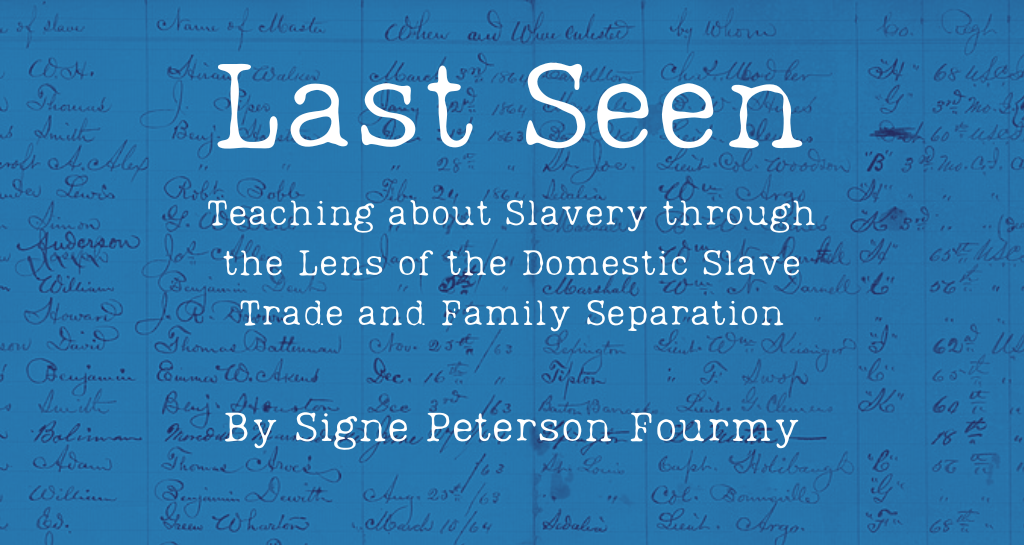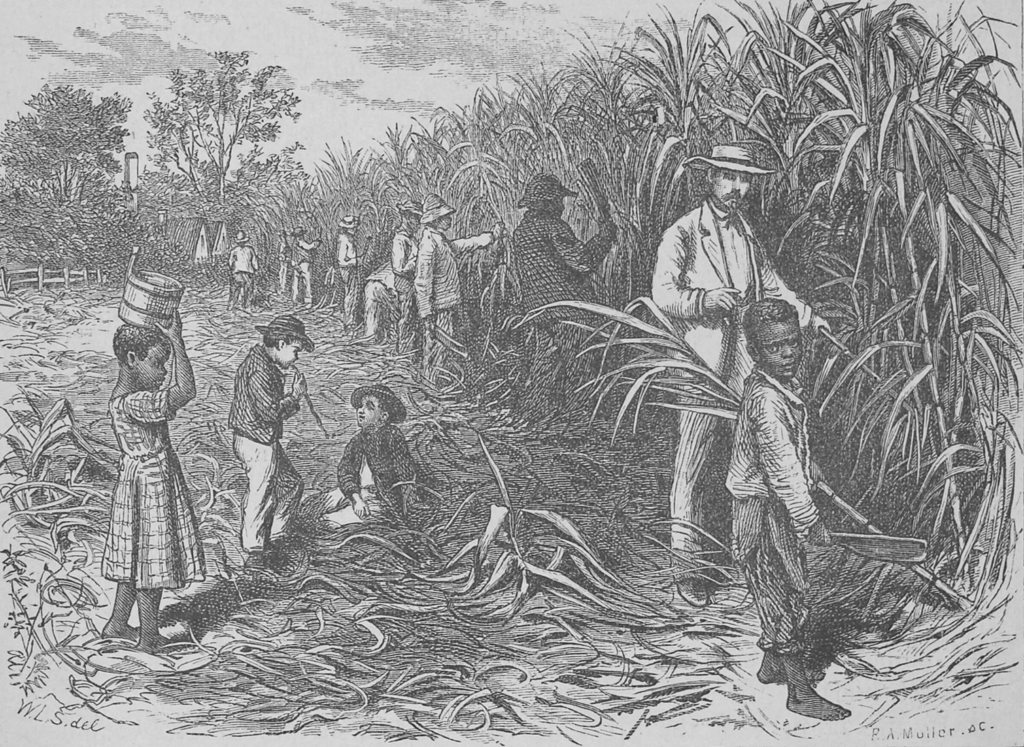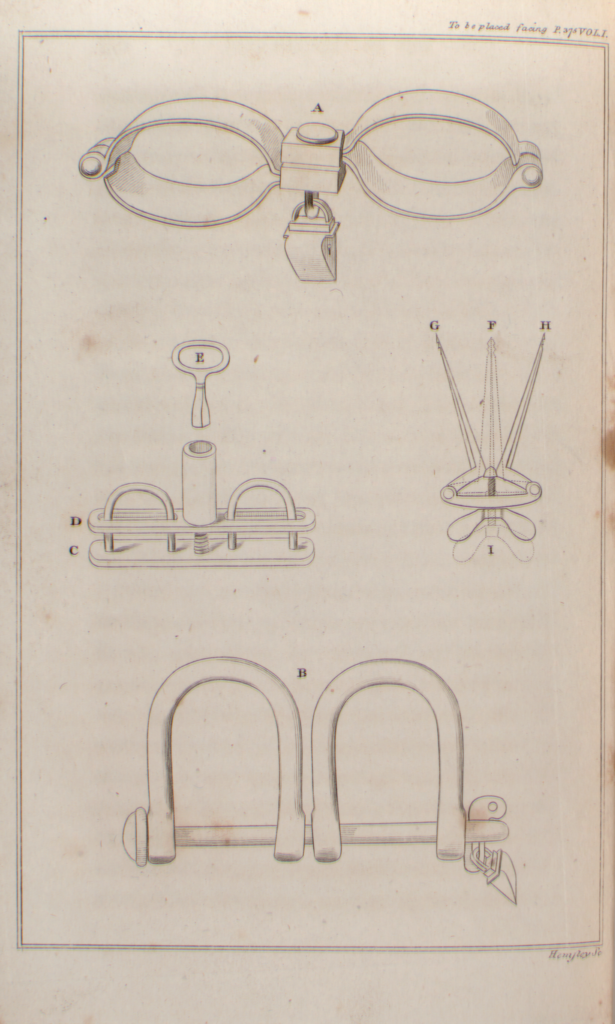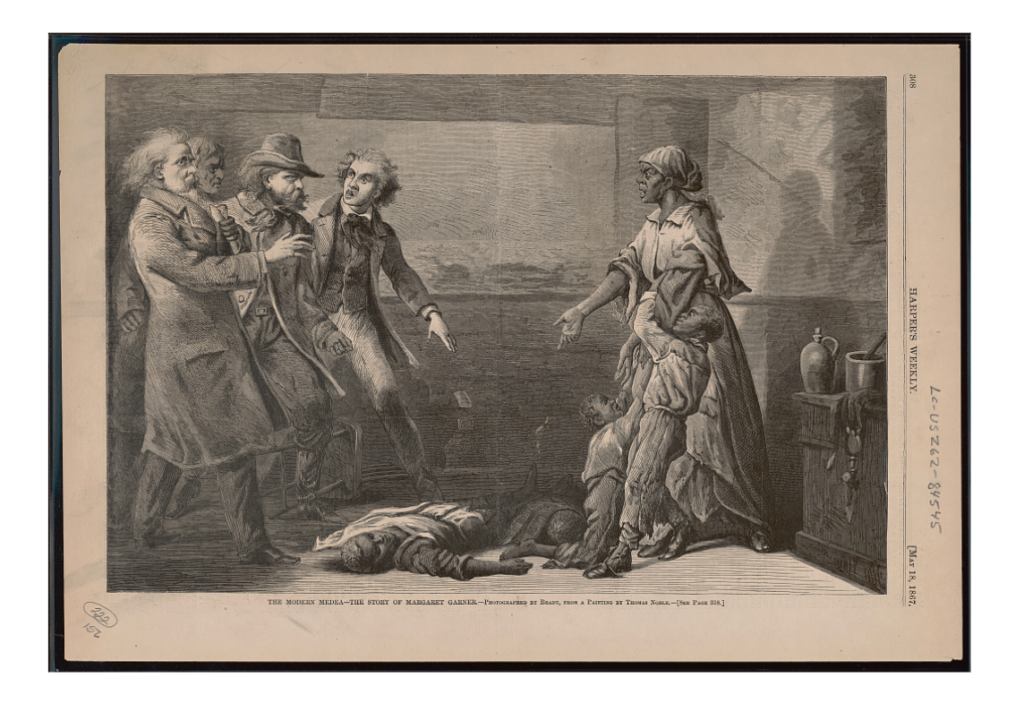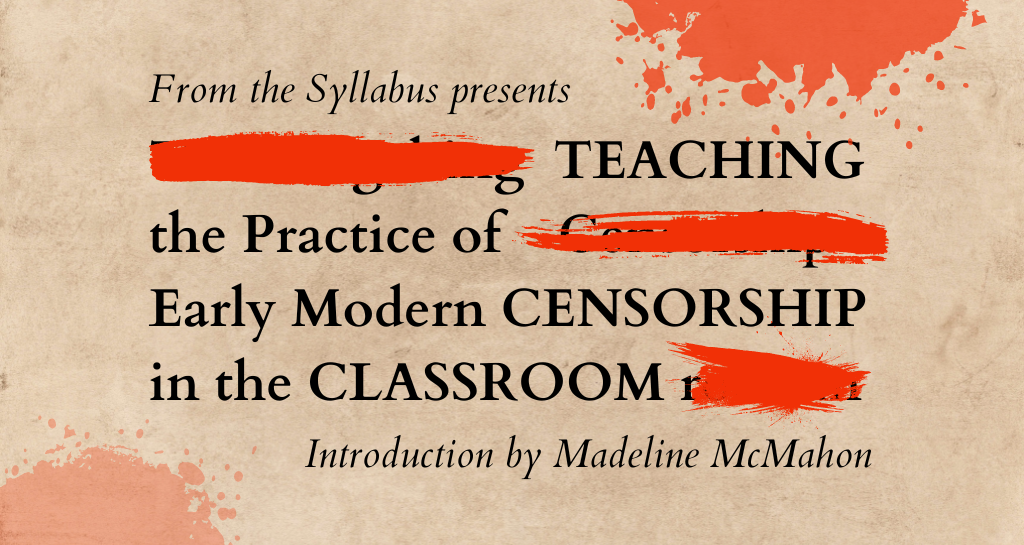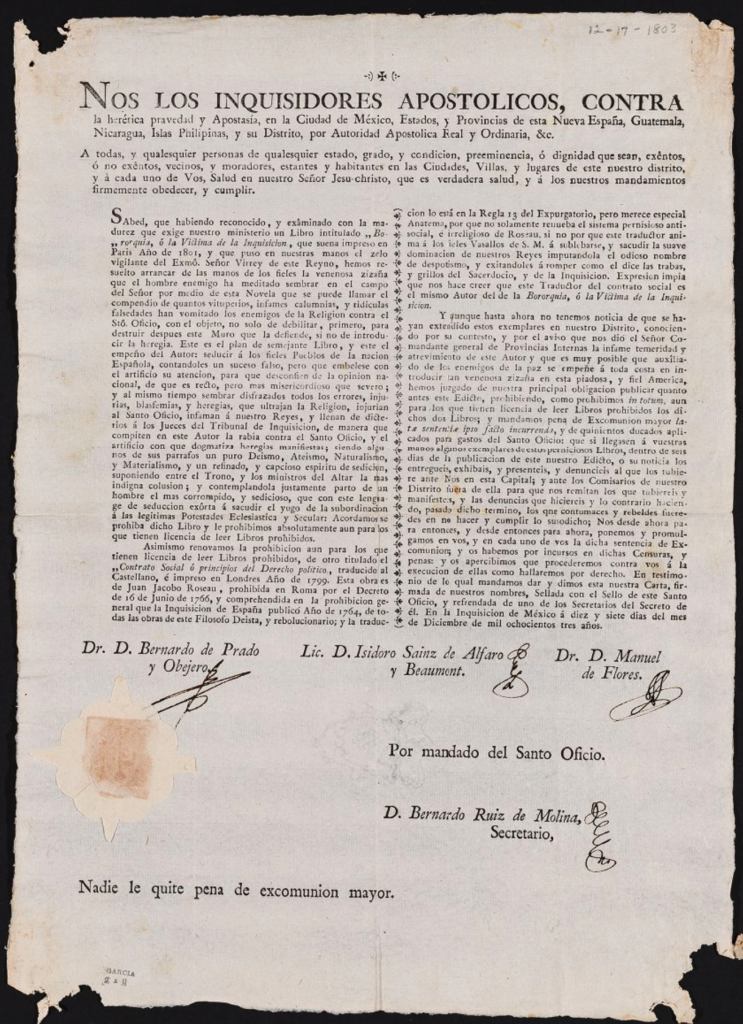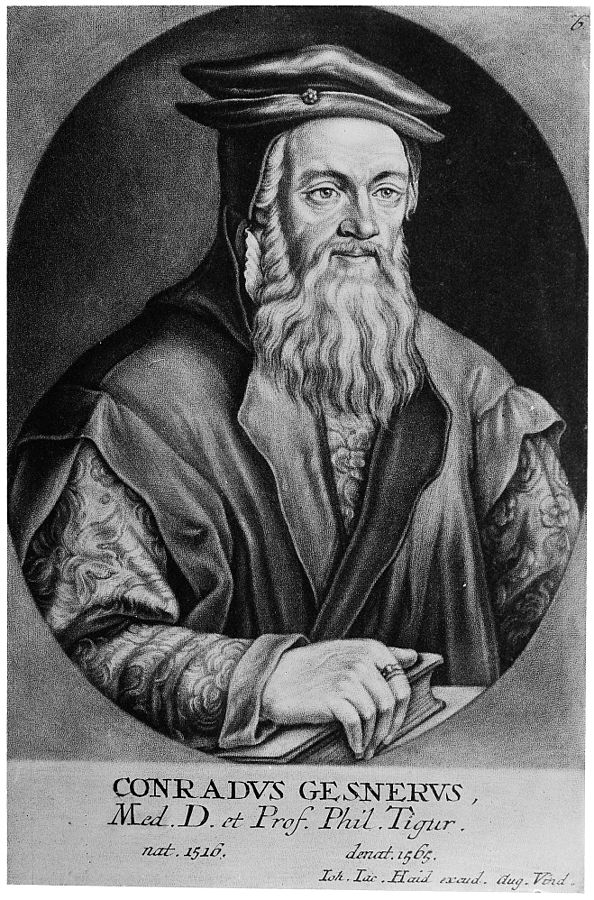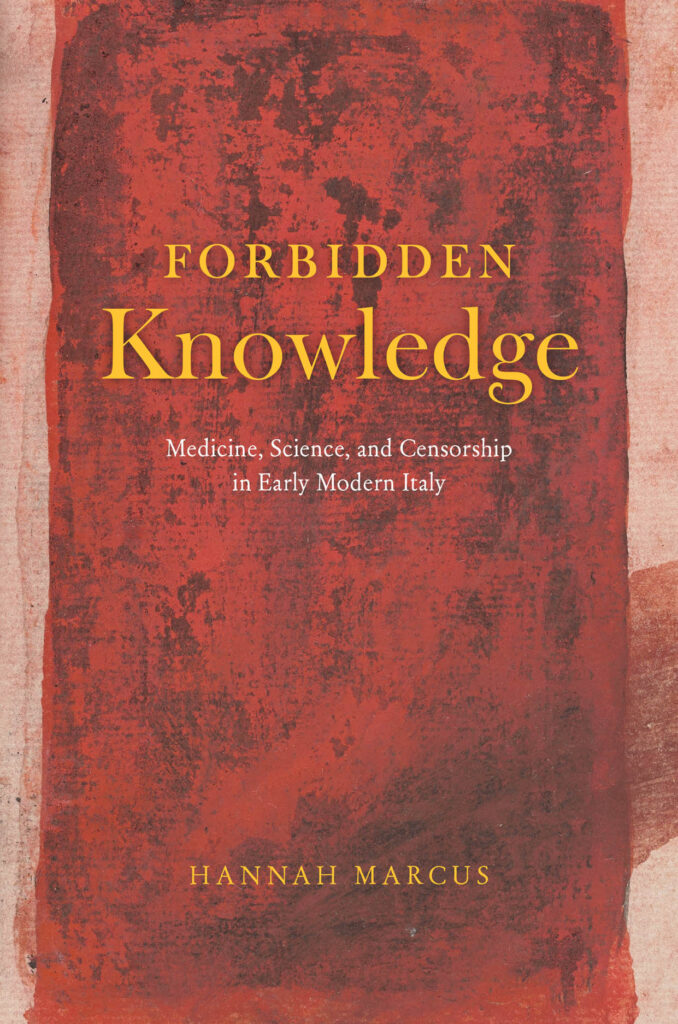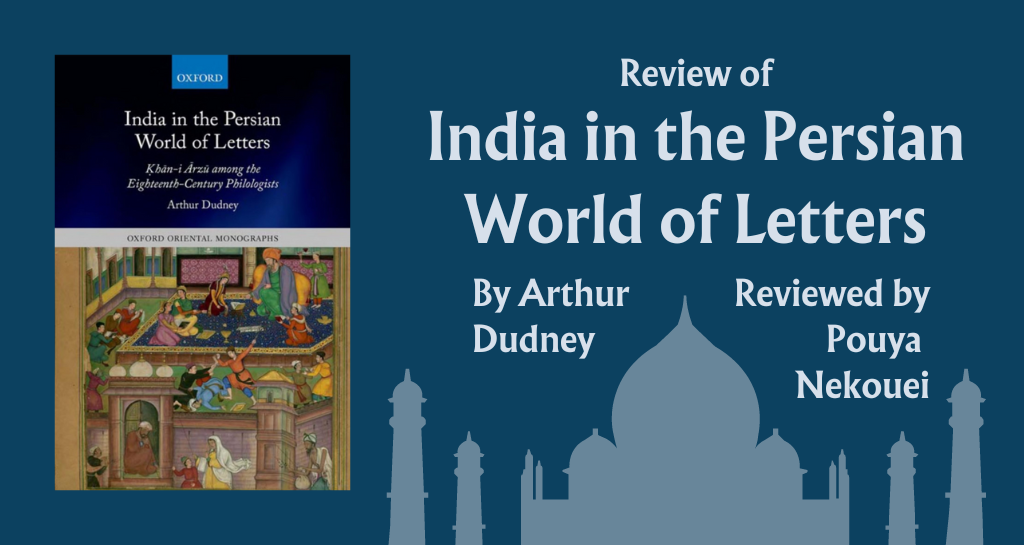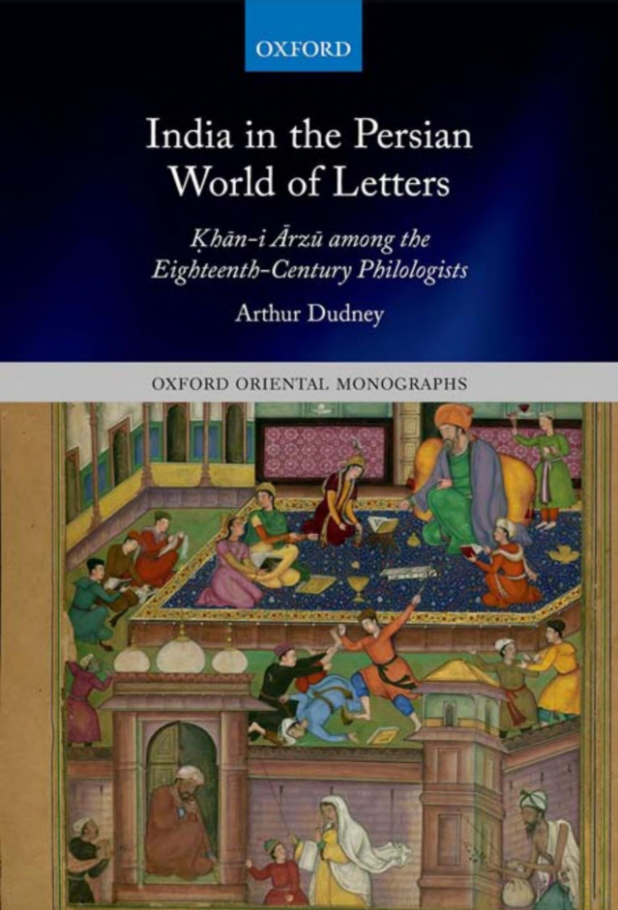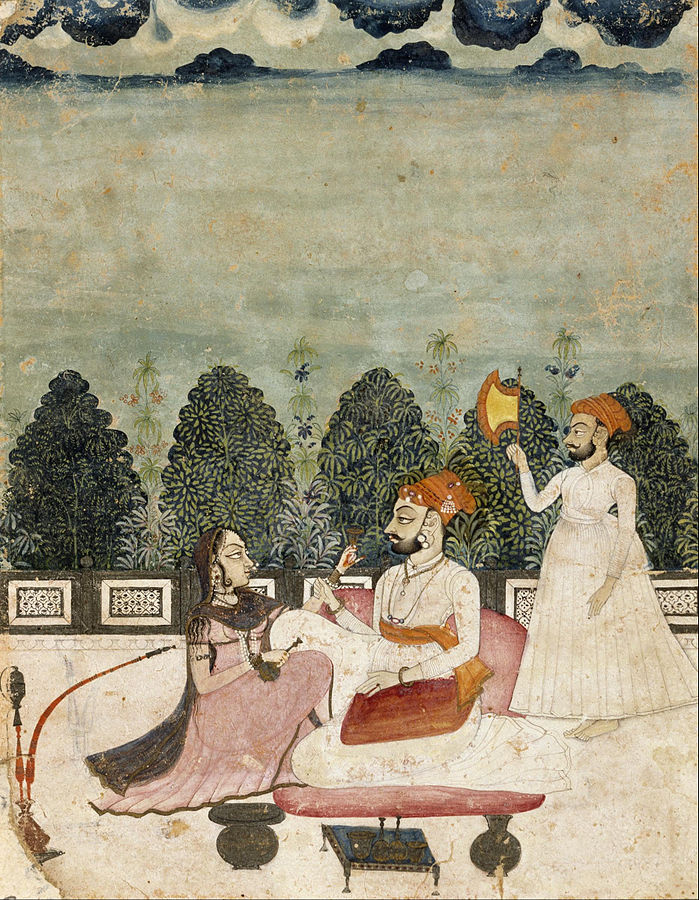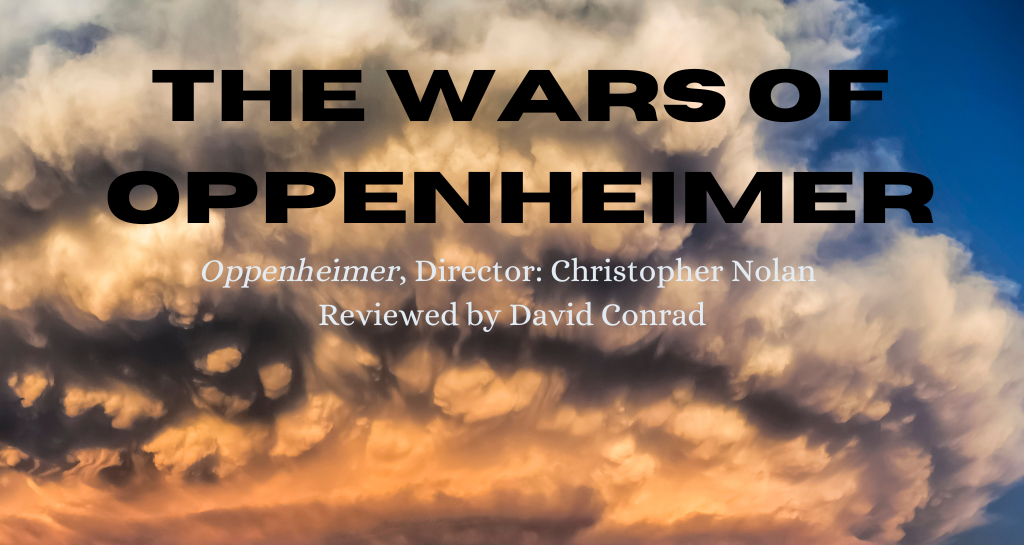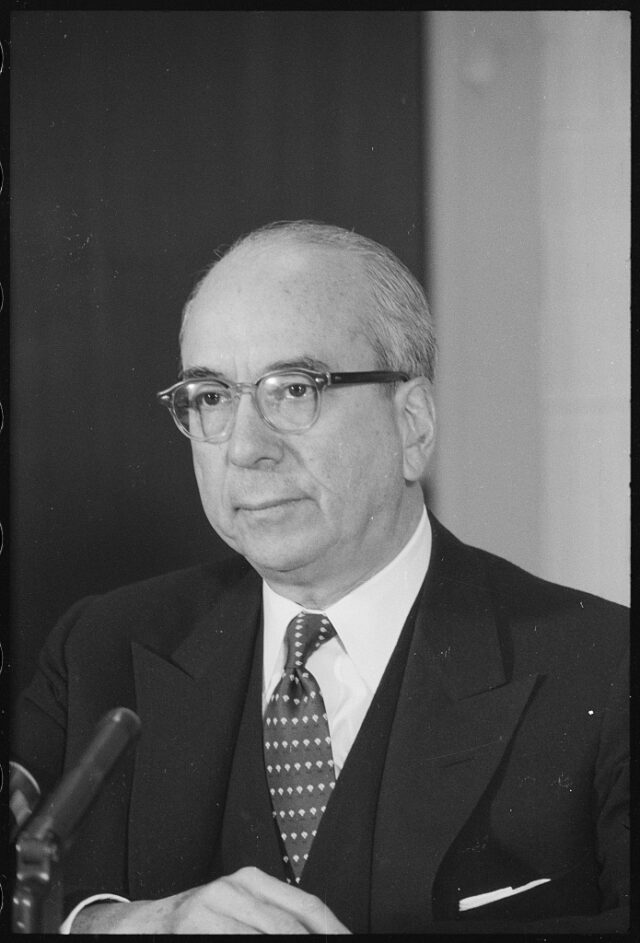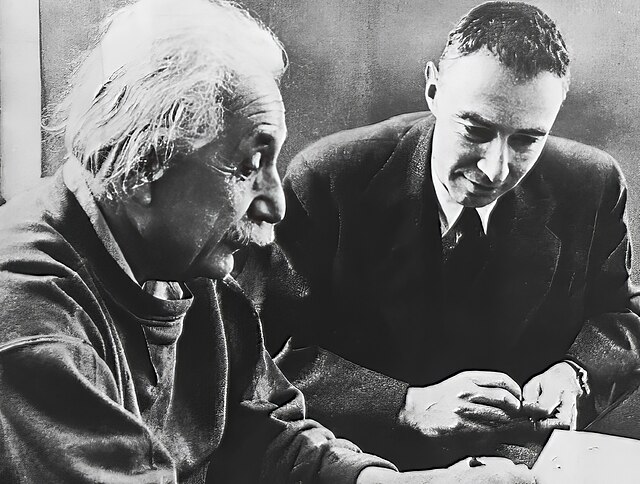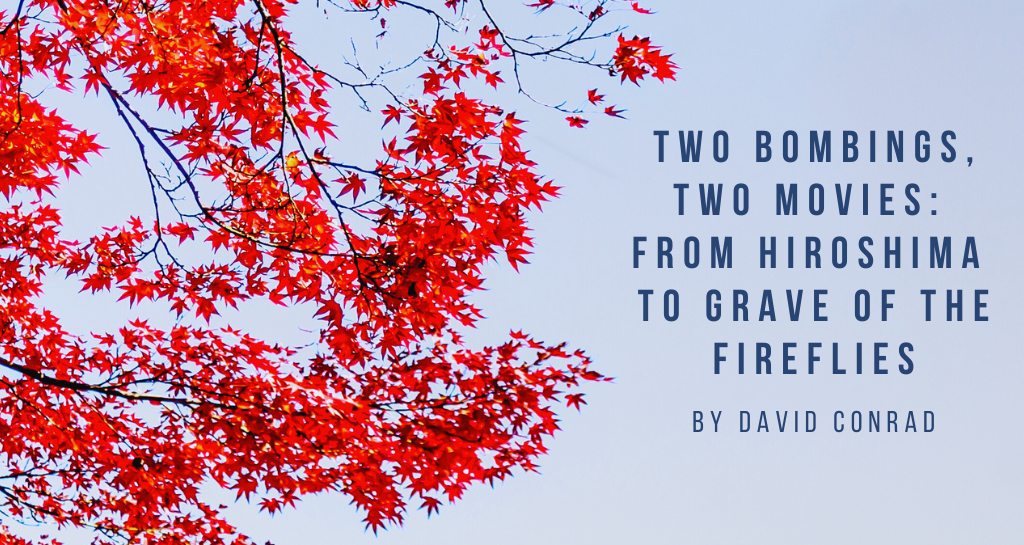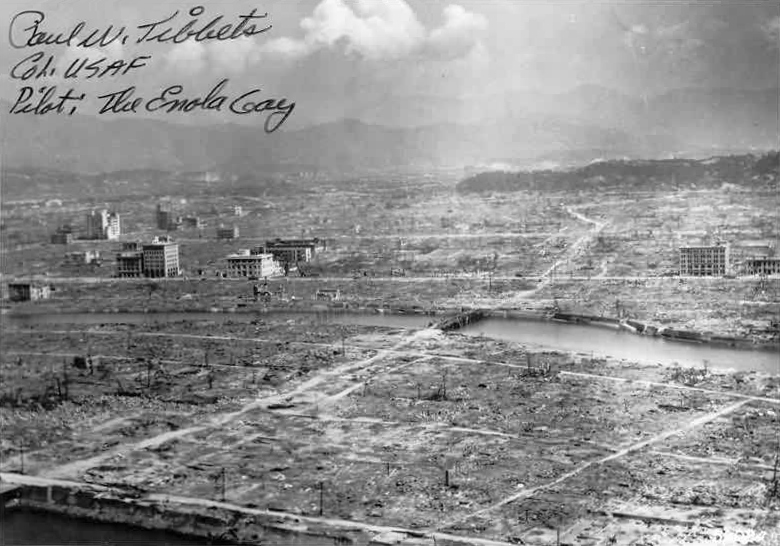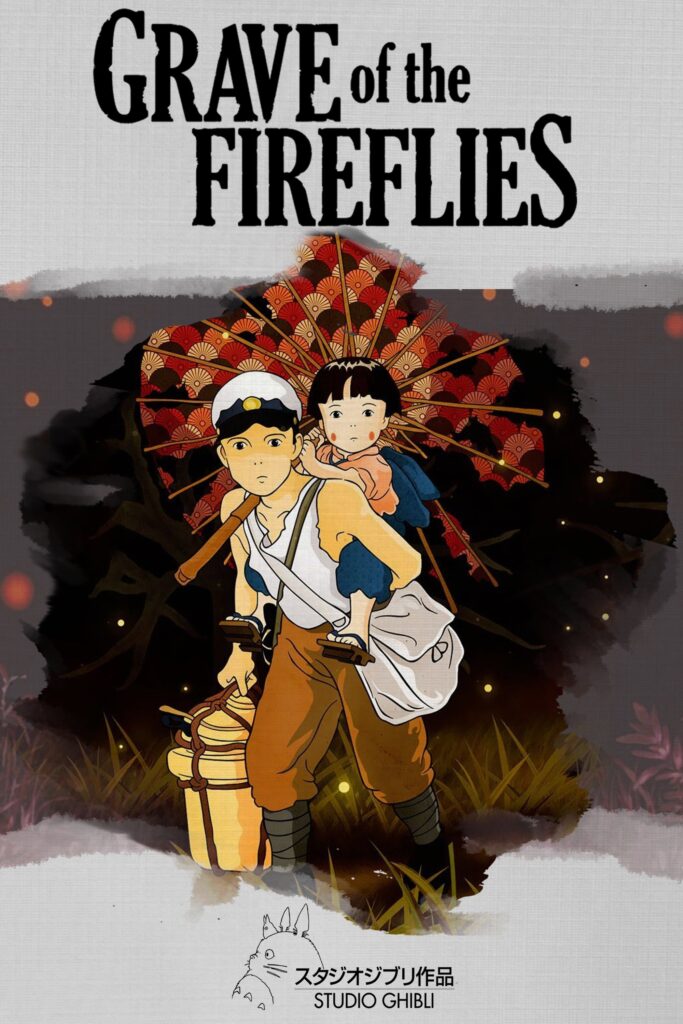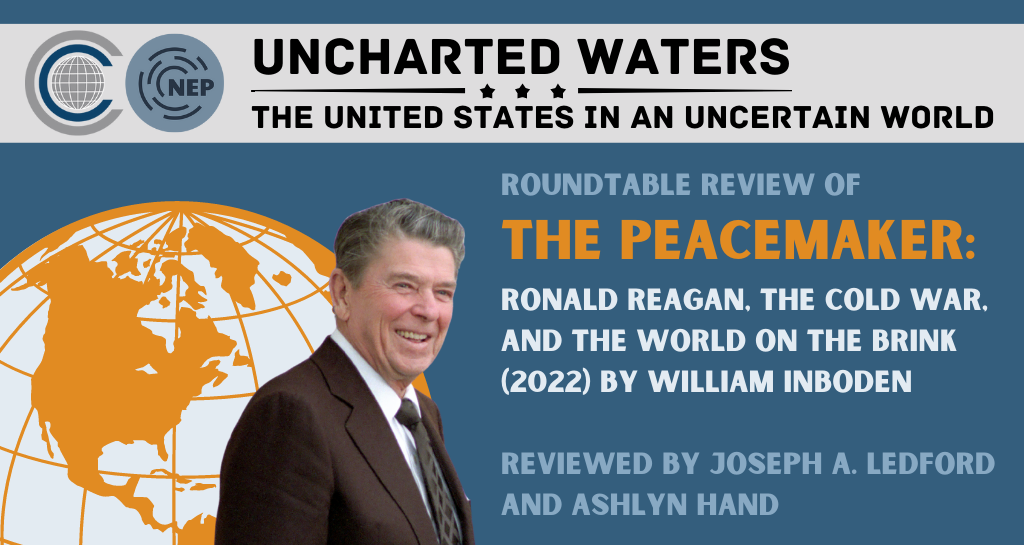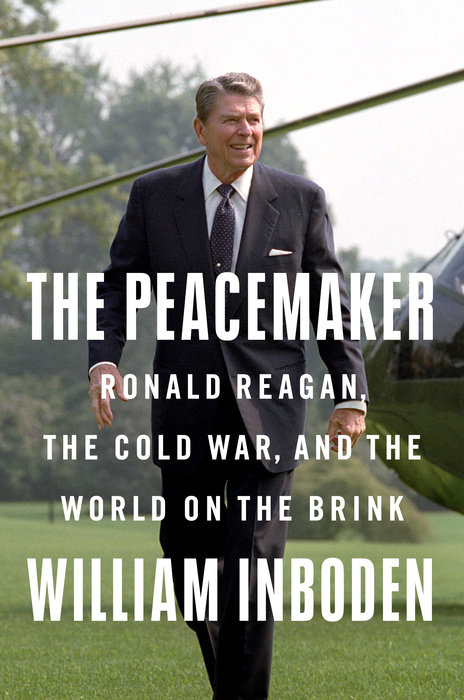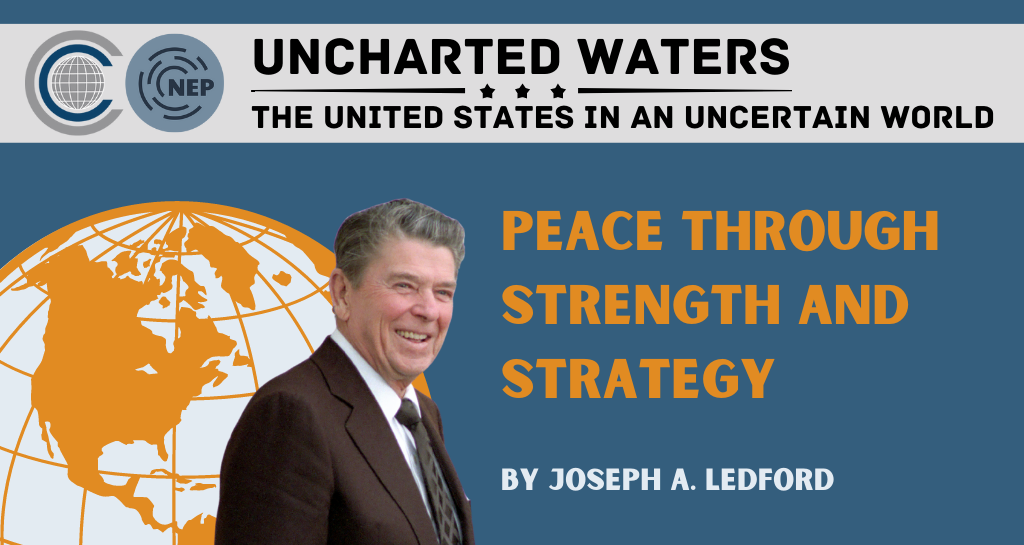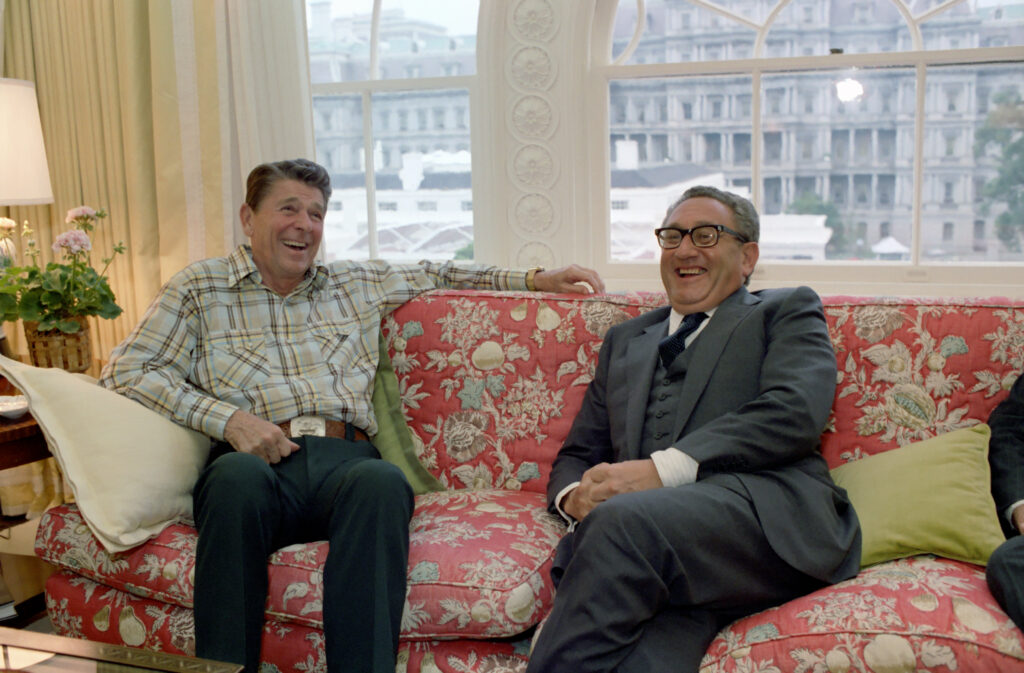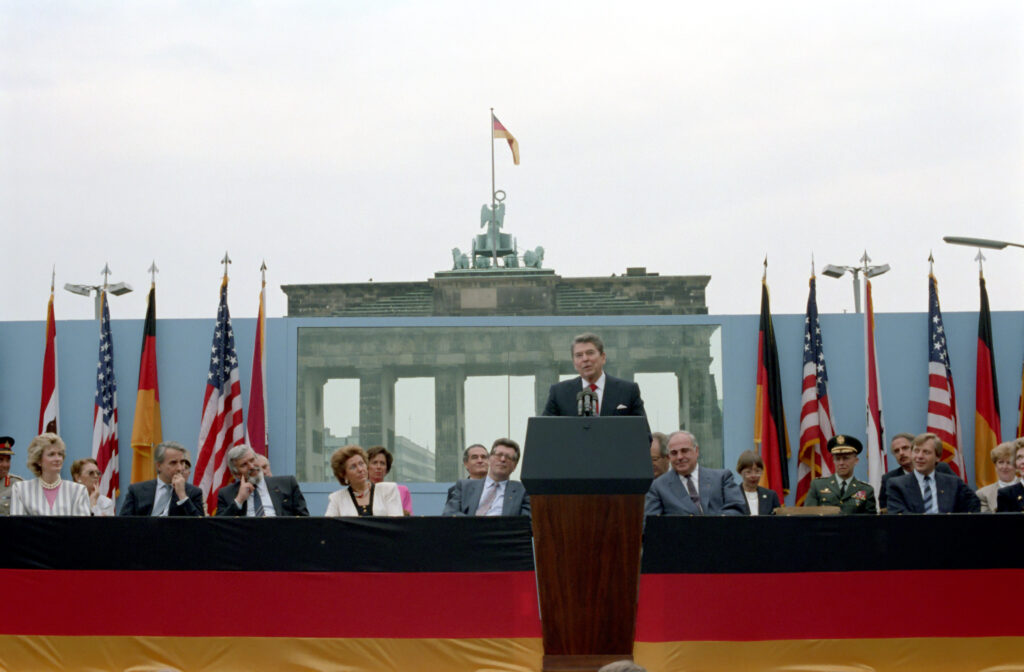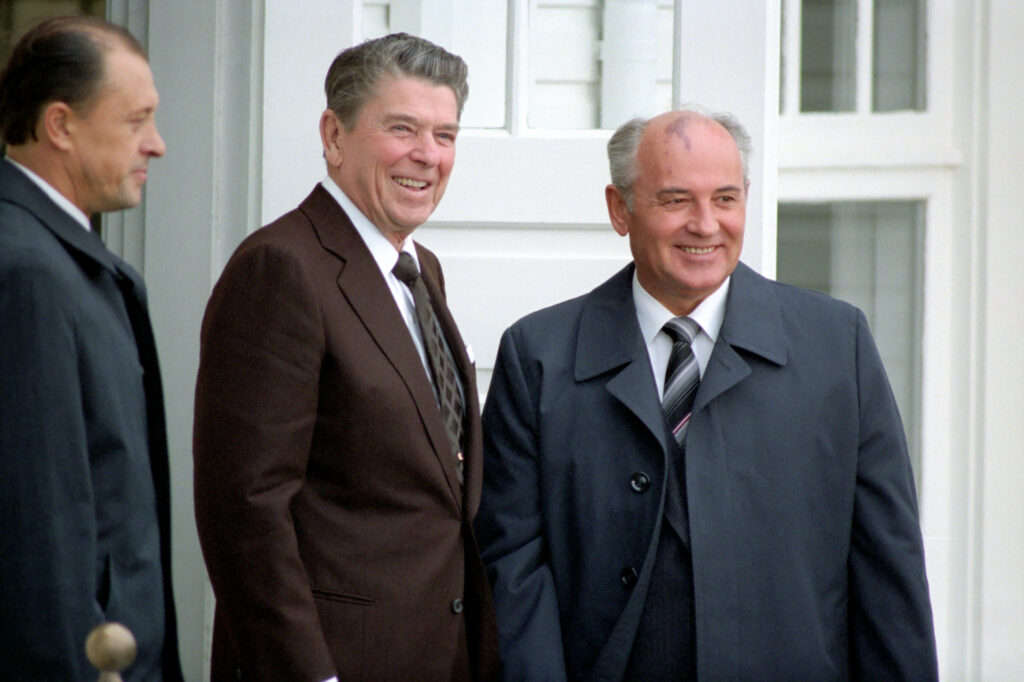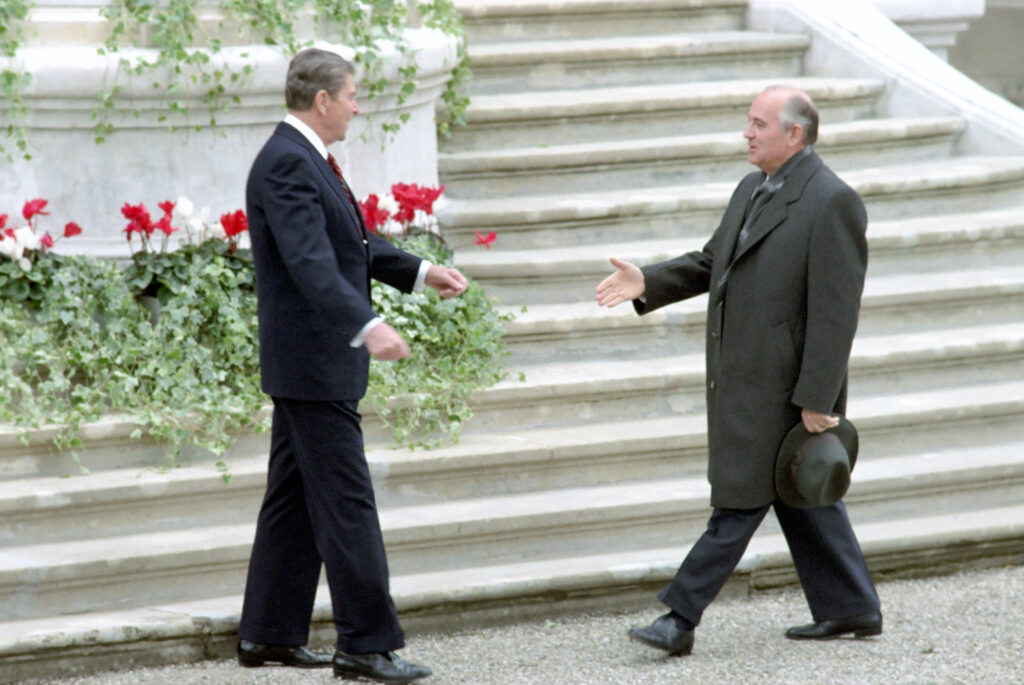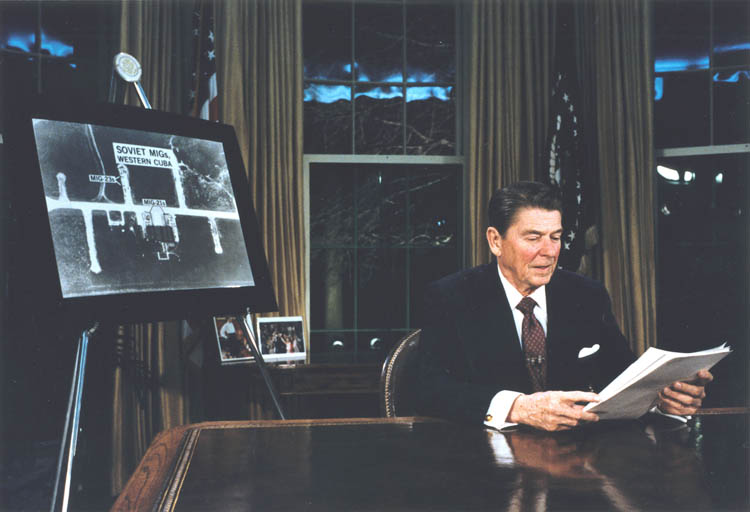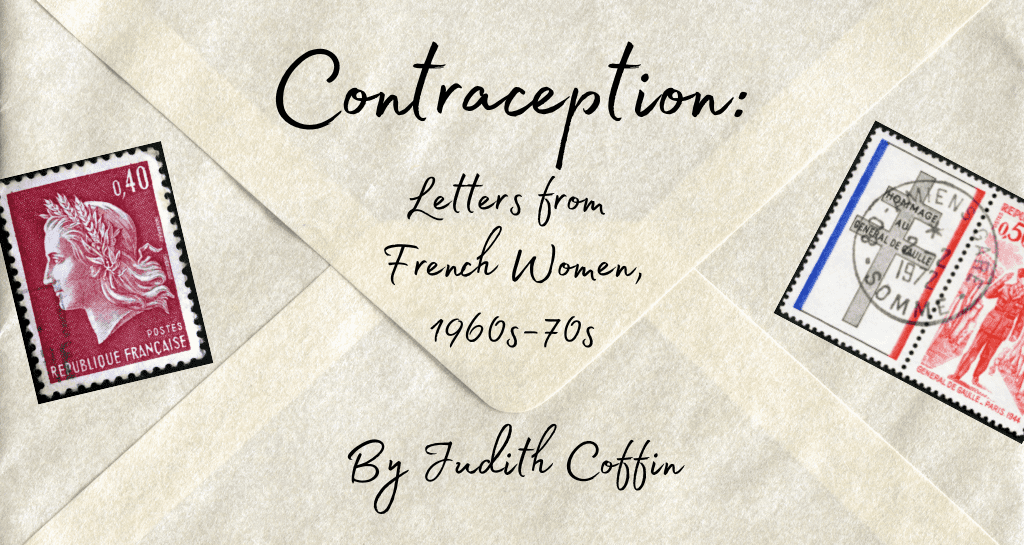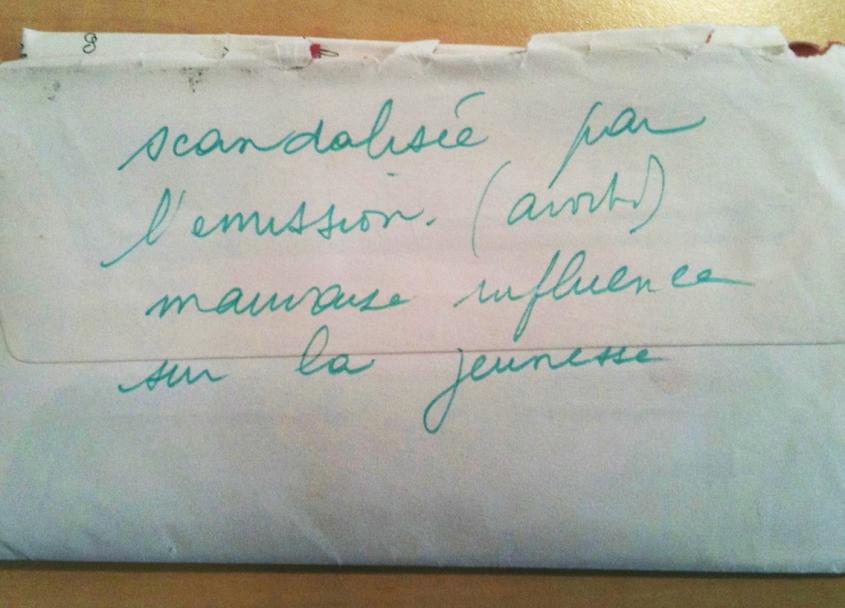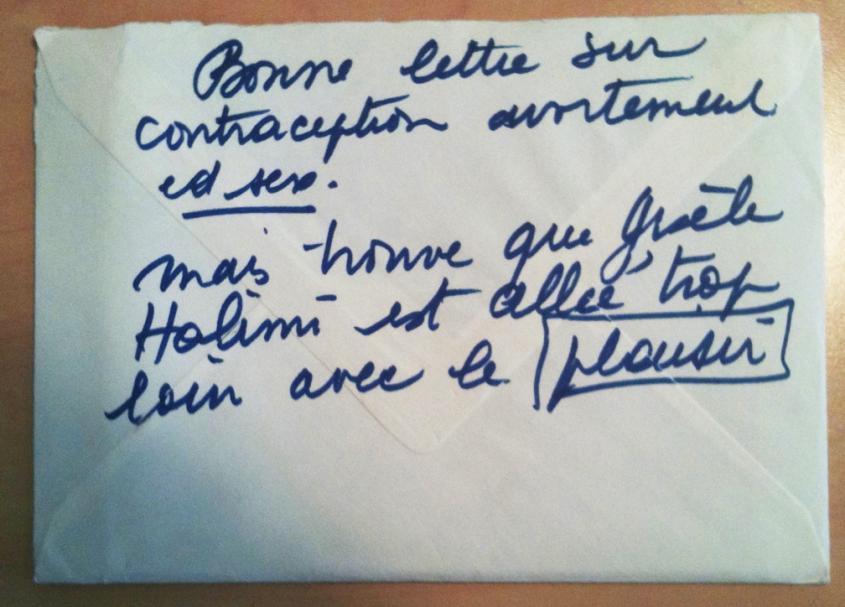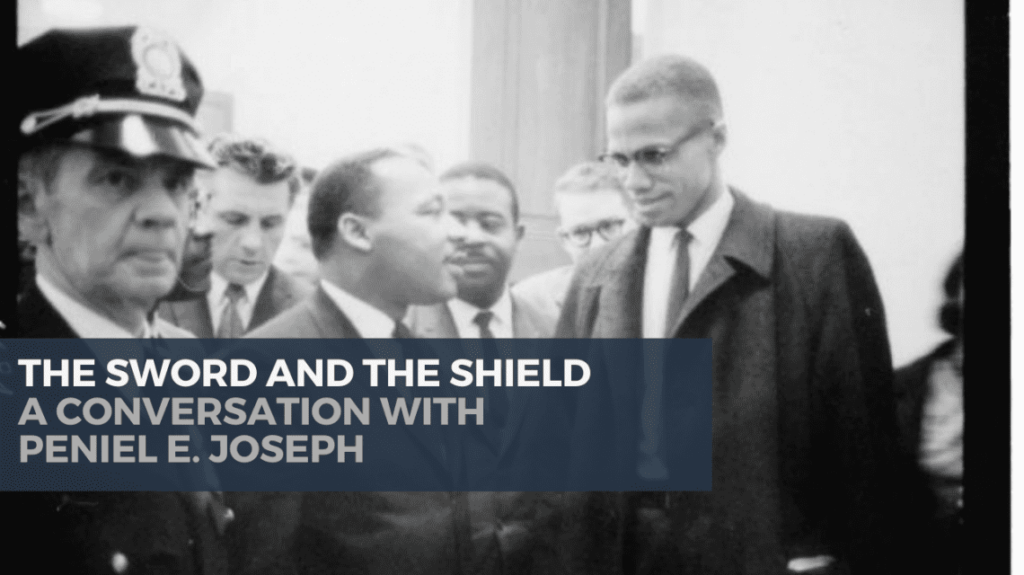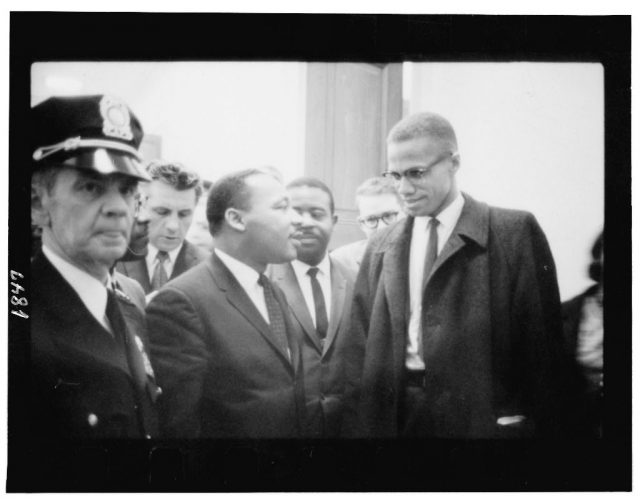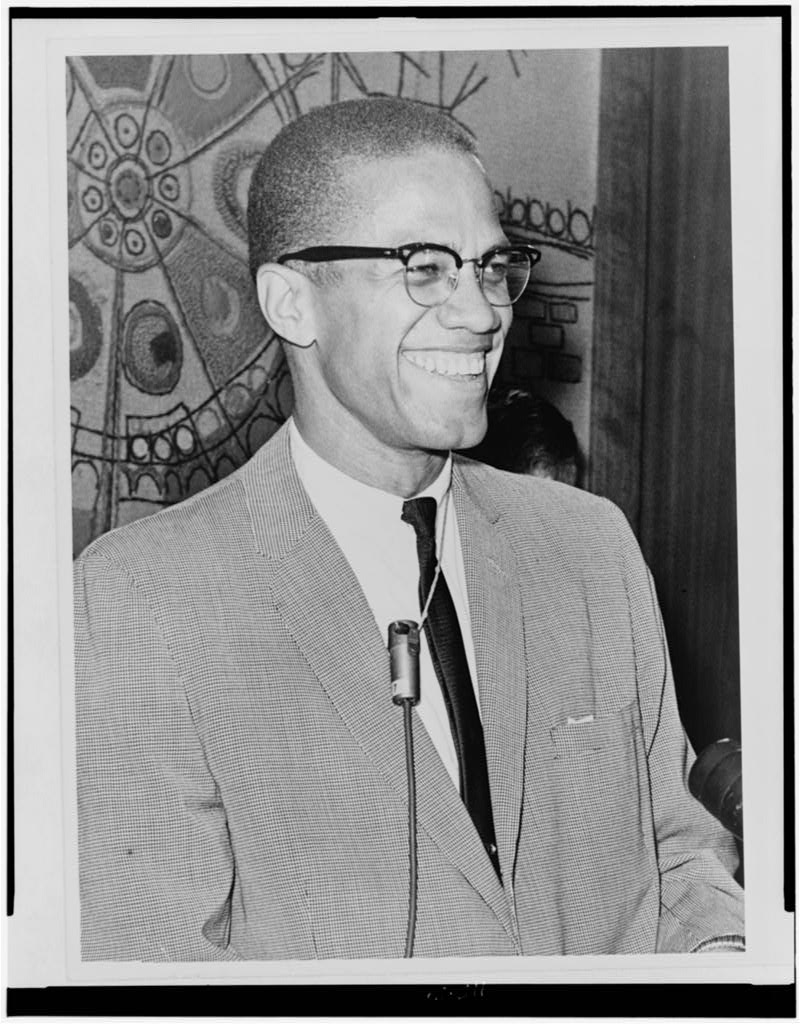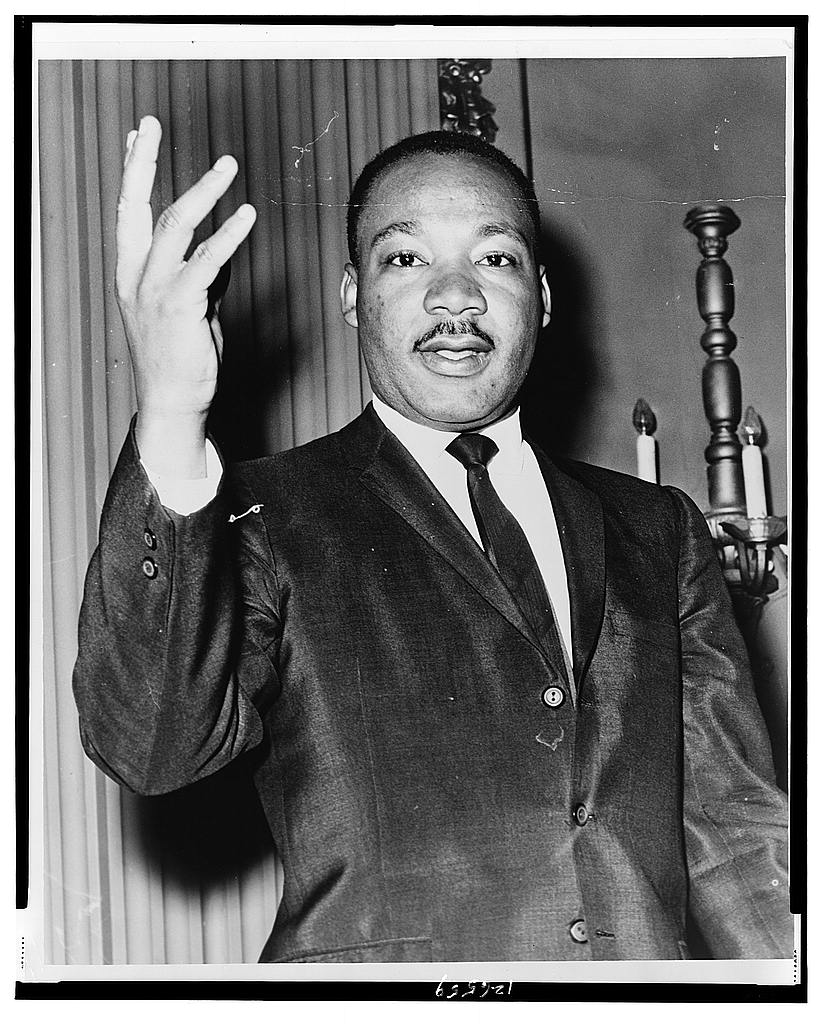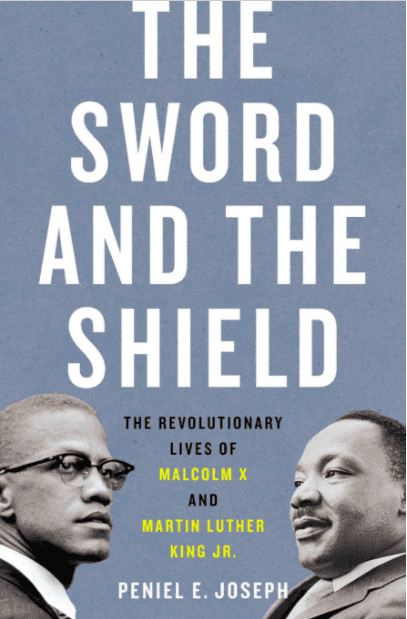
As a German historian, writing a book on the history of beer seems to be a “natural” instinct. I started this project after attending a Beck’s brewery tour in my hometown Bremen in the early 2010s. Before Heinrich Beck opened his eponymous brewery in 1873, he had returned from a 10-year sojourn to the US. While Beck does not seem to have found his fortune as a brewer in the US, many of his compatriots did.
German-American immigrants triggered a lager beer revolution during the second half of the 19th century, fundamentally changing US drinking culture. While the term “revolution” carries with it a certain baggage (not least in the US context), the introduction of lager beer was indeed revolutionary in a number of ways: skilled brewers and thrifty entrepreneurs founded a record number of breweries, which in turn led to a record rise of beer consumption and a switch from ale to lager. All of this was underpinned by a vibrant transatlantic social, cultural and technological transfer centered on producing and consuming beer.
A Record Held until 2015
As the US became one of the world’s leading marketplaces, many breweries were founded in the 19th century. Between 1850 and 1873, the number of breweries rose from 431 to 4,131 – a record that lasted until 2015. Today, there are over 9,500 breweries across the US, and Texas alone has more than 300.[1]
Whereas the recent staggering growth is due to the (historically speaking) “new” craft beer movement, back in the 19th-century German American immigrants were at the heart of this brewing transformation. A closer look at census data shows that in 1880, first- or second-generation German immigrants operated more than 80% of the breweries.[2] It is not a coincidence that the peak in brewery numbers overlaps with the heyday of German-American migration.
Brewing centers developed on the East Coast, especially in New York and Philadelphia, as well as in the Midwest, which became known as “America’s German Belt.” In Texas, commercial brewing started in the 1850s and the number of breweries reached its zenith with 58 in 1876, thereby following the national trend described above.[3]

19th-century breweries can be roughly divided into four types: hundreds of small-to-medium-sized local breweries, dozens of large-scale local breweries, dozens of medium-sized national shippers, and a handful of large-scale shippers, which were mostly comprised of family dynasties such as Pabst or Anheuser-Busch.[4] The industry was dominated by breweries in the first three categories and not by the large-scale shippers whose names we know today – only by the turn of the century did these begin to overtake the others as they were able to afford improved brewing and packaging techniques as well as expensive advertising campaigns.
Texas followed the general trend: from the 1880s until Prohibition, many breweries started and collapsed quickly, often suffering from a lack of capital and an inability to compete with the big shippers. In 1883, Anheuser-Busch entered the Texan market with a superior product that sold at a competitive price. A year later, Adolphus Busch co-founded the Lone Star Brewery in San Antonio, which by 1900 became the state’s largest, helping earn San Antonio the title of “the Milwaukee of Texas.”[5]

My upcoming book sheds light on the Atlantic transfer of brewing knowledge (scientific, economical, and socio-cultural) and how this correlated with entrepreneurial success (and failure). German American brewers were among the first to implement the newest European science and technology, such as the process of pasteurization, which had been invented by the French scientist Louis Pasteur in 1864. Adolphus Busch, who was fluent in English, German, and French, had read Pasteur’s work early on and his brewery maximized its profits when it became the first to introduce pasteurized bottled beer.
Beer Republic
The term “revolutionary” also refers to alcohol consumption in the US, in general. Between 1790 and 1850, US Americans drank more alcoholic beverages per capita than at any other time in the nation’s history and (except for Scandinavia) more than any other country at that time. After 1850, the consumption of spirits went down, but beer consumption went up: between 1870 and 1910, per capita beer consumption quadrupled from about 5 to 20 gallons.[6] At first, German American brewers filled the demand of their fellow immigrants by providing a familiar beer of their homeland. Soon, however, lager became preferred by most other US-Americans as well.
During these years, German-style lager steadily replaced British-style ale. Before 1850, ale accounted for over 80% of the national beer production; by 1900, lager made up nearly 90%. Bottom-fermented lager differs in its production, appearance, and taste to top-fermented ale. Today, lager beer might not be the most popular drink, but in the 19th century, it was new and exciting: it was lighter, more sparkling, and lasted longer than ales and porters.
US-American Gemütlichkeit
Within 50 years, the nation had not only switched from drinking ale to lager but also began to enjoy a hybrid drink space, an Americanized form of Gemütlichkeit (loosely translated as conviviality, a feeling of comfort and relaxation) in beer gardens. While US saloons were associated with manhood, crime, and corruption, German-style drinking venues became known for their sociability, family-friendliness, and Gemütlichkeit.[7]

August Scholz opened Scholz Garden in 1866, the oldest operating business in Texas and likely the oldest beer garden in the US. In 1908, the German singing club, The Austin Saengerrunde, purchased the property and built a bowling alley next to it.
In the photo, Scholz Garden in 2013. Source: Wikimedia Commons
Beer gardens were built across the nation. Their function was, of course, to sell beer, but they also served a social, cultural, and political purpose: beer gardens provided a “piece of home” with waiters in traditional German dresses serving beer in “stein” jugs and typical German food. Soon, these venues also served as community centers for the public at large.

Source: Wikimedia Commons
Moreover, the beer garden’s family-friendliness helped to promote beer as a temperance beverage and a “healthy” alternative to spirits. Over the course of the 19th century, the temperance movement had come a long way from promoting moderation to calling for total abstinence of all alcoholic beverages. To German Americans, temperance was more than a mere political issue; it symbolized cultural conflict that threatened their lifestyle and value system. For the brewers, their ethnic interest was greatly reinforced by their economic interest.
Fight against Temperance
While the temperance movement has received a great deal of scholarly attention,[8] the brewers’ battle against it has not. So far, most historians have portrayed the brewing industry as homogenous and too unalarmed. Perhaps these scholars have fallen into the trap of interpreting history from the final outcome, i.e., by knowing that the temperance movement would eventually succeed, its opponents have been mostly portrayed as reactionary or ignorant. Yet, the success of temperance was not as inevitable as some scholars seem to suggest. In my upcoming book, I argue that the beer industry was resilient. It adapted and continued to grow despite the movement. Early on, brewers were well-prepared to fight off temperance and set a precedent in public relations history.
During the summer of 1855, several beer riots over Sunday closing laws and rising license fees broke out in several cities across the Midwest. These tensions were further enhanced when representatives of the nativist Know Nothing Party tried to prevent immigrants from voting. For instance, in August 1855, Know Nothings successfully won the election in Louisville, Kentucky, after a long day of street fighting in Catholic neighborhoods where at least 20 people died.
While the Know Nothing Party was rather short-lived (it dissolved in 1860), local temperance laws were not and hence, riots could not be used as a long-term strategy. Beginning in the early 1860s, German American brewers began to organize themselves. Together with saloon owners, newspaper editors, politicians, and other influential German Americans, they tirelessly lobbied for their cause. The United States Brewers Association (USBA), founded in 1862 by German brewers in New York, played a central role, developing a tight public relations network with its own publication committee issuing numerous pamphlets and books against temperance.
Besides continuously calling for personal liberty, until the introduction of the income tax in 1913, the brewer’s strongest argument was economic: between 1863 and 1909, brewers paid an estimated $1.2 billion to the US Treasury. The Commissioner of Internal Revenue was a regular and welcomed guest at the annual USBA conventions.[9]

In addition, the brewers argued for the nutritious nature of beer. They went to great lengths to prove this by financing medical reports and citing “eminent” doctors and chemists. German doctors, in particular, were used as renowned experts in order to appeal to the US regard for science grounded in German academic tradition. Repeatedly, it was the Old Word that served as a reference point by drawing on Germany’s reputation as a top-quality producer of beer, brushing over problems of drunkenness in several German cities. For instance, after the beer tax was increased, beer riots erupted in Munich (1844 and 1888) and Frankfurt (1873).[10]
Ultimately, when World War I broke out, these arguments lost traction. To refrain from drinking was seen as a patriotic duty. Drinking, as the argument went, weakened the military and wasted petrol and grain needed for the war. The Anti-Saloon League, founded in 1893 in Ohio and soon reaching a national audience, frequently characterized German-American brewers as enemies of the state.
While brewers had initially entered the propaganda war well-prepared and often succeeded in fighting off local temperance agitation, World War I triggered the final push for national Prohibition. Some states were already dry by 1914, but the push to garner enough states to pass Prohibition might not have been so quickly realized had it not been for the “war at home”. Ironically, it was the brewer’s self-promoted image of a “German” drink that led to their downfall.
A Revolution Coming Full Circle?
My book highlights how the growth of breweries and the popularity of lager beer in the 19th century correlated with the rise of German-American migration. German-American immigrants led the “lager beer revolution,” a revolution not just in numbers and economic growth but also in the technological transfer and adaptation of drinking practices. The brewers’ ethnicity helped them to apply and adapt their knowledge to their new homeland. “Germanness” (however loosely defined) became one of their key marketing strategies until World War I, selling an authentically superior “German” beer.
In 1965, Fritz Maytag kicked off the craft beer movement by purchasing the bankrupt Anchor Brewing Company in San Francisco, revitalizing its iconic Steam Beer. Initially, steam beer was first introduced by German migrants who came to the West Coast during California’s Gold Rush in the late 1840s. Similarly, in 1987, Steve Hindi opened the Brooklyn Brewery in the eponymous district in New York – situated at what was known in the late 19th century as “brewery row” and only a couple of blocks south of “Kleindeutschland,” Manhattan’s Lower East Side and the hub of German-American life where hundreds of saloons and beer gardens served the thirst of their customers. Even though Anchor Brewing just announced to close its doors, craft beers are here to stay, and so will its German-American roots.
[1] Cp. Joe Taschler (12/02/2015), “U. S. Brewery Count Reaches All-Time High,” http://www.jsonline.com/business/us-brewery-count-reaches-all-time-high-b99627164z1-360031651.html, last accessed 05/11/2023; Jess Donald (11/2021), “Texas Craft Breweries, Distilleries and Wineries,” https://comptroller.texas.gov/economy/fiscal-notes/2021/nov/brew.php, last accessed 05/11/2023; Louis Biscotti (01/19/2023), “Craft Beer Boom Slows, But Still Grows,” https://www.forbes.com/sites/louisbiscotti/2023/01/19/craft-beer-boom-slows-but-still-grows/?sh=6a9e5665e3e5, last accessed 05/11/2023.
[2] Cp. Edward P. Hutchinson, Immigrants and Their Children, 1850-1950. New York: Wiley, Chapman & Hall, 1956: p. 79-81, 98-99, 121-122.
[3] For an overview of US beer history cp. Stanley Baron, Brewed in America. A History of Beer and Ale in the United States. Boston, MA: Little, Brown and Co., 1962; Amy Mittelman, Brewing Battles. The History of American Beer. New York, NY: Algora Pub, 2008; Maureen Ogle, Ambitious Brew. The Story of American Beer. Orlando, FL: Harcourt, 20192. The popular book market on beer history has boomed since the mid-2000s, cp. Mark A. Noon, Yuengling. A History of America’s Oldest Brewery. Jefferson, NC: McFarland & Co, 2005; Henry Herbst et al., St. Louis Brews. 200 Years of Brewing in St. Louis, 1809-2009. St. Louis, M Reedy Press, 2009; Martin Hintz, A Spirited History of Milwaukee Brews & Booze. Charleston, SC: History Press, 2011.
[4] Cp. Thomas C. Cochran, The Pabst Brewing Company. The History of an American Business. New York, NY: New York University Press, 1948; Martin H. Stack, Martin, Liquid Bread: An Examination of the American Brewing Industry, 1865-1940. University of Notre Dame (Ph.D. Thesis): 1998.
[5] Andy Rhodes (04/10/2020), “Brewing Heritage”, Texas Historical Commission, https://www.thc.texas.gov/blog/brewing-heritage, last accessed 05/11/2023.
[6] On 19th century alcohol consumption cp. William J. Rorabough, The Alcoholic Republic, an American Tradition. New York, NY: Oxford University Press, 1979.
[7] On marketing Gemütlichkeit cp. Uwe Spiekermann, “Marketing Milwaukee: Schlitz and the Making of a National Beer Brand, 1880-1940”, Bulletin of the German Historical Institute 53 (2013): p. 55-67.
[8] On temperance and Prohibition cp. Austin Kerr, K., Organized for Prohibition. A New History of the Anti-Saloon League, New Haven, CT: Yale University Press, 1985; Jack S. Blocker, American Temperance Movements. Cycles of Reform. Boston, MA: Twayne Publishers, 1989; Sabine N. Meyer, We Are What We Drink. The Temperance Battle in Minnesota. Urbana, IL: University of Illinois Press 2015.
[9] Cp. Hugh F. Fox, “The Prosperity of the Brewing Industry,” The Annales of the American Academy of Political and Social Science 34/3 (1909): 47-57.
[10] On German beer riots cp. Werner K. Blessing, “Konsumentenprotest und Arbeitskampf: Vom Bierkrawall zum Bierboykott,” in: Klaus Tenfelde/Heinrich Volkmann (ed.), Streik. Zur Geschichte des Arbeitskampfes in Deutschland während der Industrialisierung. München: Beck 1981: p. 109-123; Lothar Machtan/René Ott, “‘Batzebier!‘ Überlegungen zur sozialen Protestbewegung in den Jahren nach der Reichsgründung am Beispiel der süddeutschen Bierkrawalle vom Frühjahr 1873,” in: Heinrich Volkmann/Jürgen Bergmann (ed.), Sozialer Protest. Studien zu traditioneller Resistenz und kollektiver Gewalt in Deutschland vom Vormärz bis zur Reichsgründung. Opladen: VS Verlag für Sozialwissenschaften, 1984: p. 128-166.
The views and opinions expressed in this article or video are those of the individual author(s) or presenter(s) and do not necessarily reflect the policy or views of the editors at Not Even Past, the UT Department of History, the University of Texas at Austin, or the UT System Board of Regents. Not Even Past is an online public history magazine rather than a peer-reviewed academic journal. While we make efforts to ensure that factual information in articles was obtained from reliable sources, Not Even Past is not responsible for any errors or omissions.
